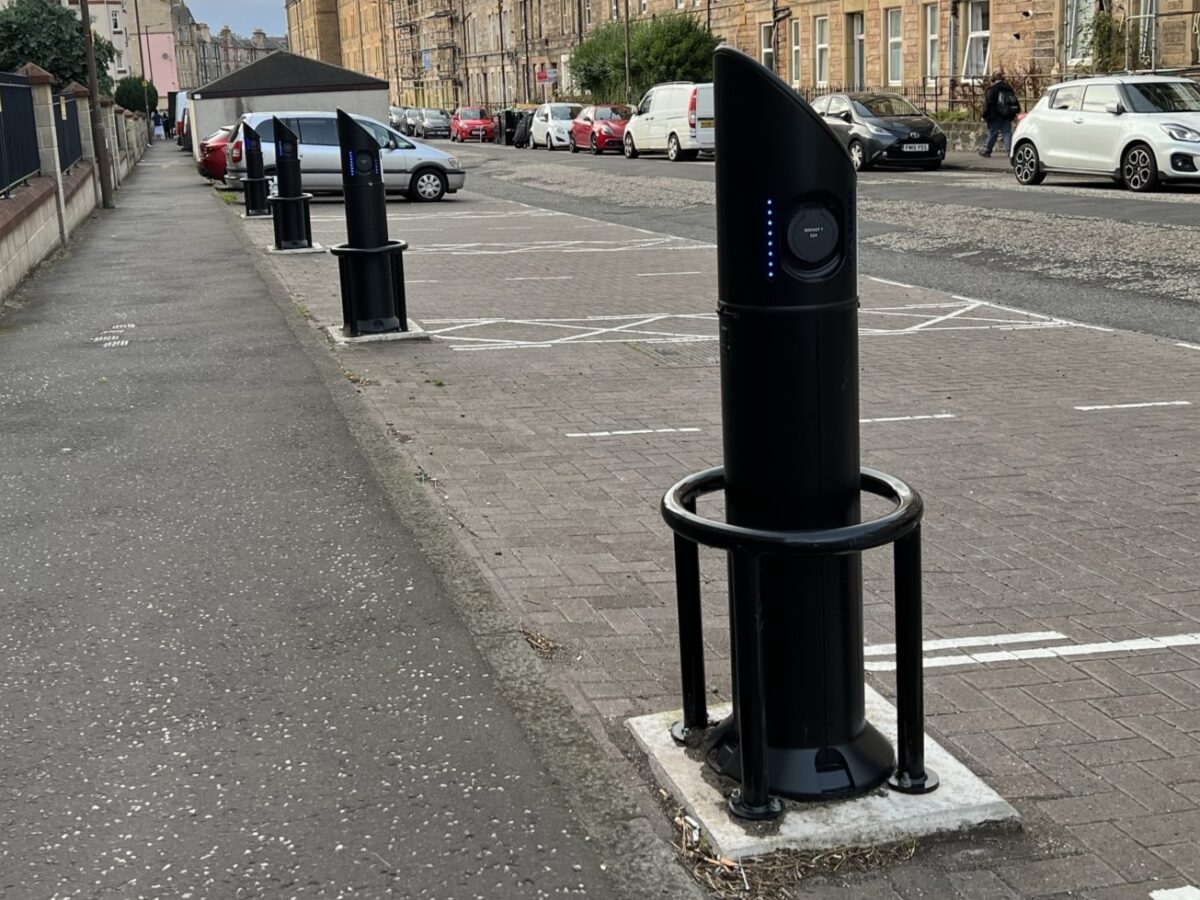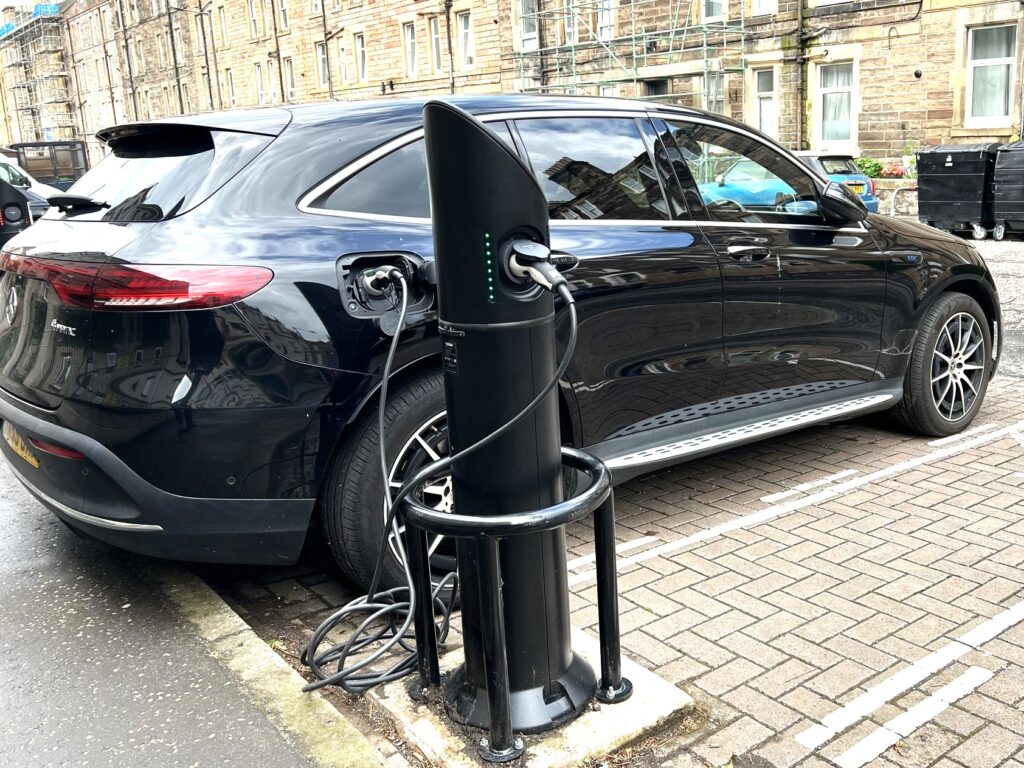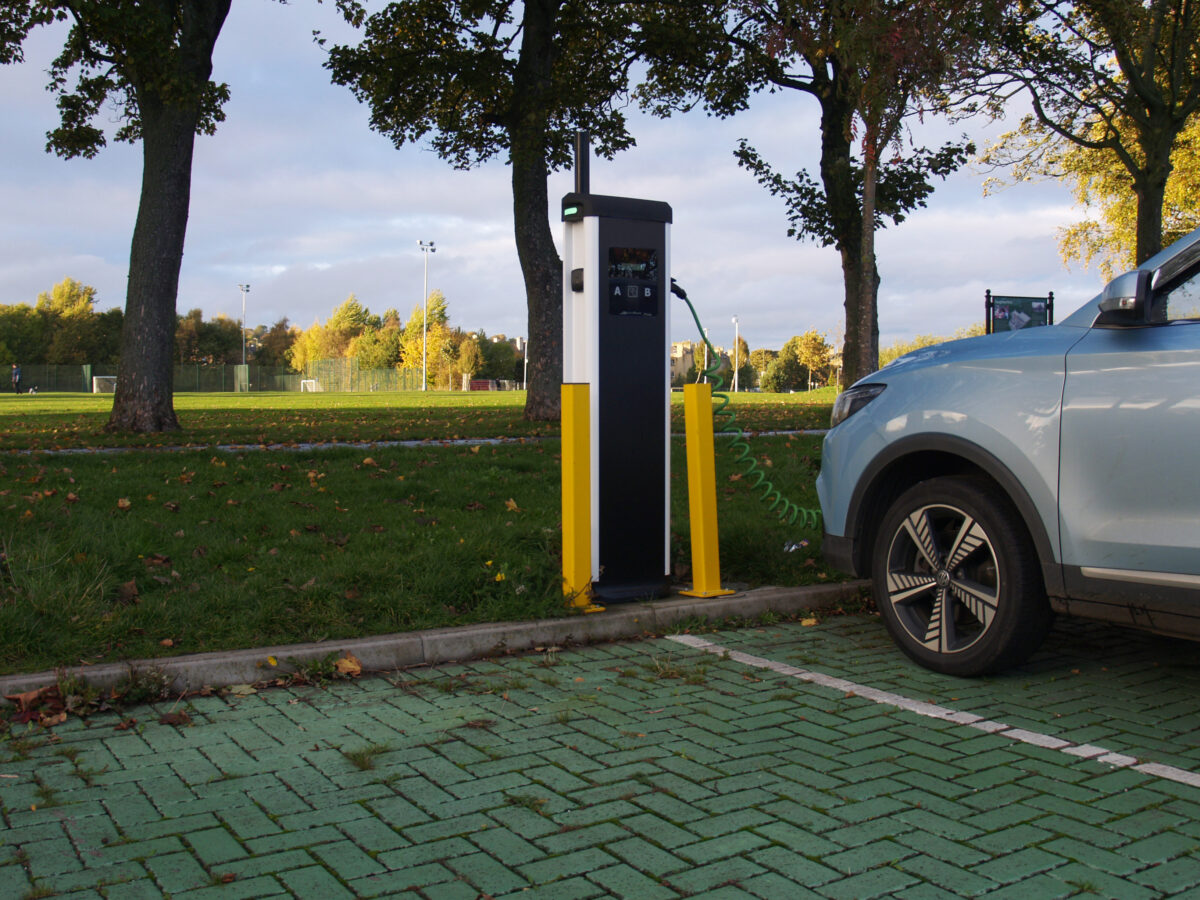The UK Department for Transport today announced dedicated chargepoint funding will support people in making the switch from petrol and diesel cars to electric vehicles. Charging electric vehicles is set to get even easier thanks to hundreds of millions of funding made available for local authorities, homeowners and renters today, Monday, 18 March 2024.
The government continues to deliver its £381 million Local Electric Vehicle (LEVI) fund to councils, which can choose where is best to install chargepoints in their local area. Following the approval of the first five local authority applications in February 2024, payments to 44 additional councils, worth over £185 million, have now been approved to help residents charge their vehicles. The funding will support the delivery of thousands of chargepoints across England, helping more drivers get around easily. Additionally, the local authorities that have already been allocated to the second round of LEVI funding will be able to apply to the fund from 2 April 2024, following those who have received funding in the first round and in a further boost to the chargepoint rollout.
Minister for Affordability and Skills Amanda Solloway said “This funding will make it easier for people to switch to electric vehicles.”
To further support electric vehicle (EV) drivers and families looking to switch to electric, the UK government is ensuring households without driveways or dedicated parking spaces can access the electric vehicle chargepoint grant. Delivering on its Plan for Drivers commitment to make EVs a more practical option, the £350 grant will be widened to those who own or rent and have access to adequate street parking. The funding will drive down the cost of EV ownership by providing up to 75% off the cost of purchasing and installing a chargepoint, and applicants must also have permission from their council to install a cross-pavement charging solution. Applications can be made online.
Edmund King OBE, AA president, said “AA surveys show that one of the main reasons why many drivers are hesitant towards switching to EVs is the perception that there are not enough charging points. To give confidence to drivers now and for the future, we need to overcome these barriers, which will help unlock cleaner, greener motoring for all. Extending grants to those without off-street parking is a step in the right direction.”
More and more drivers are making the switch to electric vehicles, with fully electric vehicles accounting for over 16% of the new UK car market in 2023, according to industry statistics. Government and industry are working to install chargepoints at speed, with 56,983 public chargepoints now installed across the UK, a 47% increase compared to this time last year.
The full press release from UK Department for Transport can be found here: https://www.gov.uk/government/news/boost-for-drivers-as-millions-delivered-for-ev-chargepoints-across-the-country








